Category: Parkinson’s
-
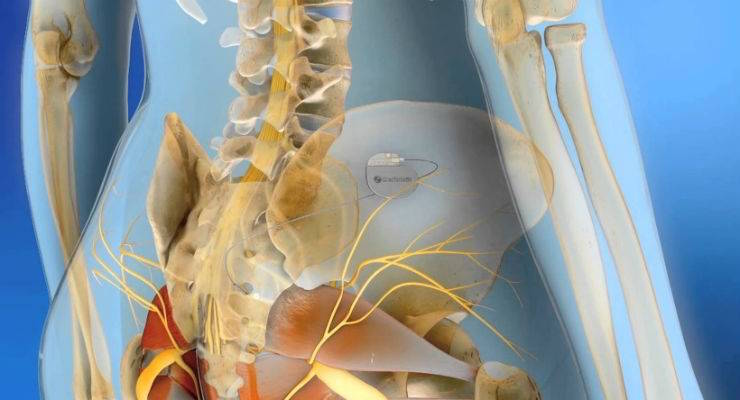
Implant + wearable to track neuromodulation effectiveness
Medtronic is linking its implanted devices with Samsung’s phones and tablets to better monitor the effectiveness of neuromodulation technologies. (Click to view Samsung release.) Those with implanted neurostimulators, which send electronic signals to targeted areas of the brain to block symptoms, can have a more active role in the management of their diseases. Parkinson’s, essential tremor and…
-
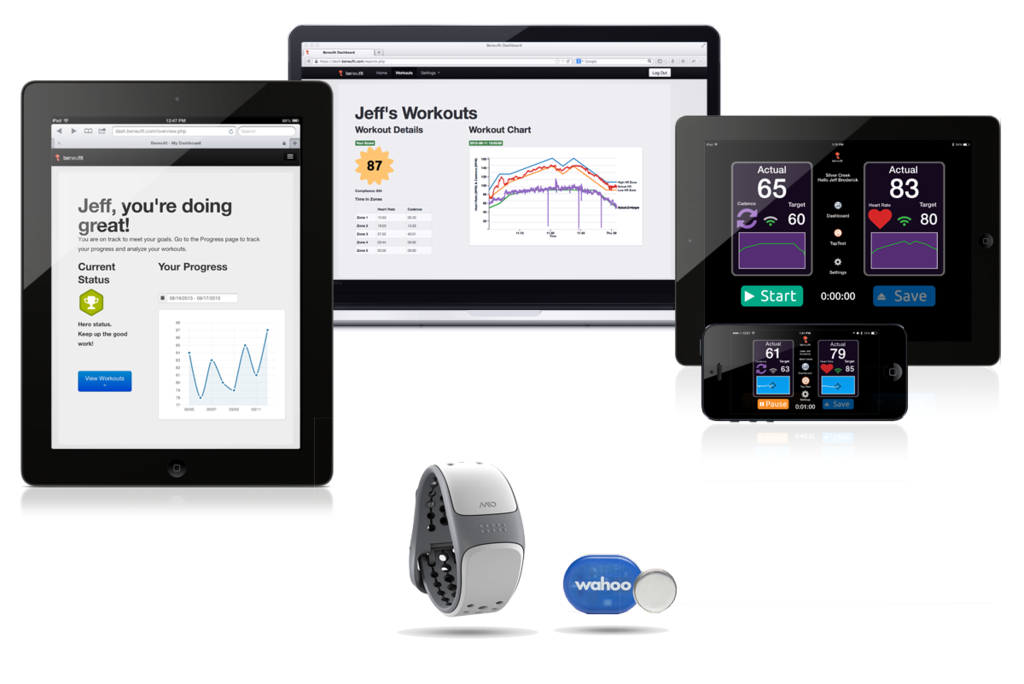
Wearable + exercise app to improve Parkinson’s symptoms
MIO and Beneufit have partnered to develop wearables to target the symptoms of Parkinson’s disease. The pdFIT exercise app was developed to improve manual dexterity and fitness levels in Parkinson’s patients. The wearable continuously monitors progress via sensors on the wrist. The company claims that its Optimal Heart Rate technology cancels noise caused by movement,…
-
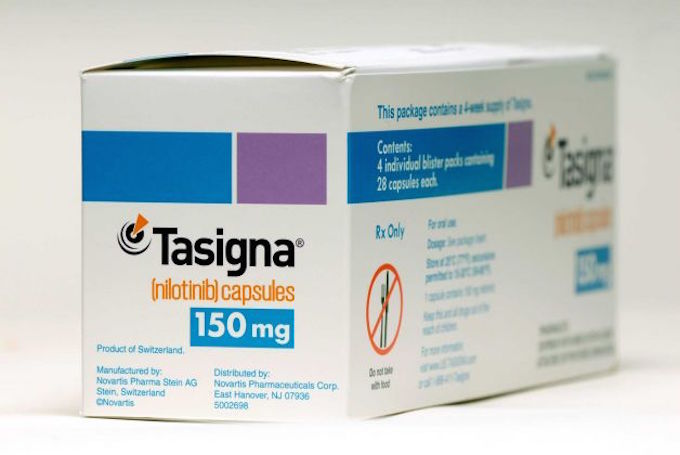
Study: Cancer drug improves Parkinson’s cognitive, motor functions
A small, early stage trial (with no control group) at Georgetown has found that a small dose of the leukemia drug nilotinib (brand name “Tasigna” by Novartis) produced “meaningful clinical improvements” in 10 out of 11 patients. The potential impact is significant, and the researchers believe that expanded studies will validate the promising results. During the trial, participant…
-
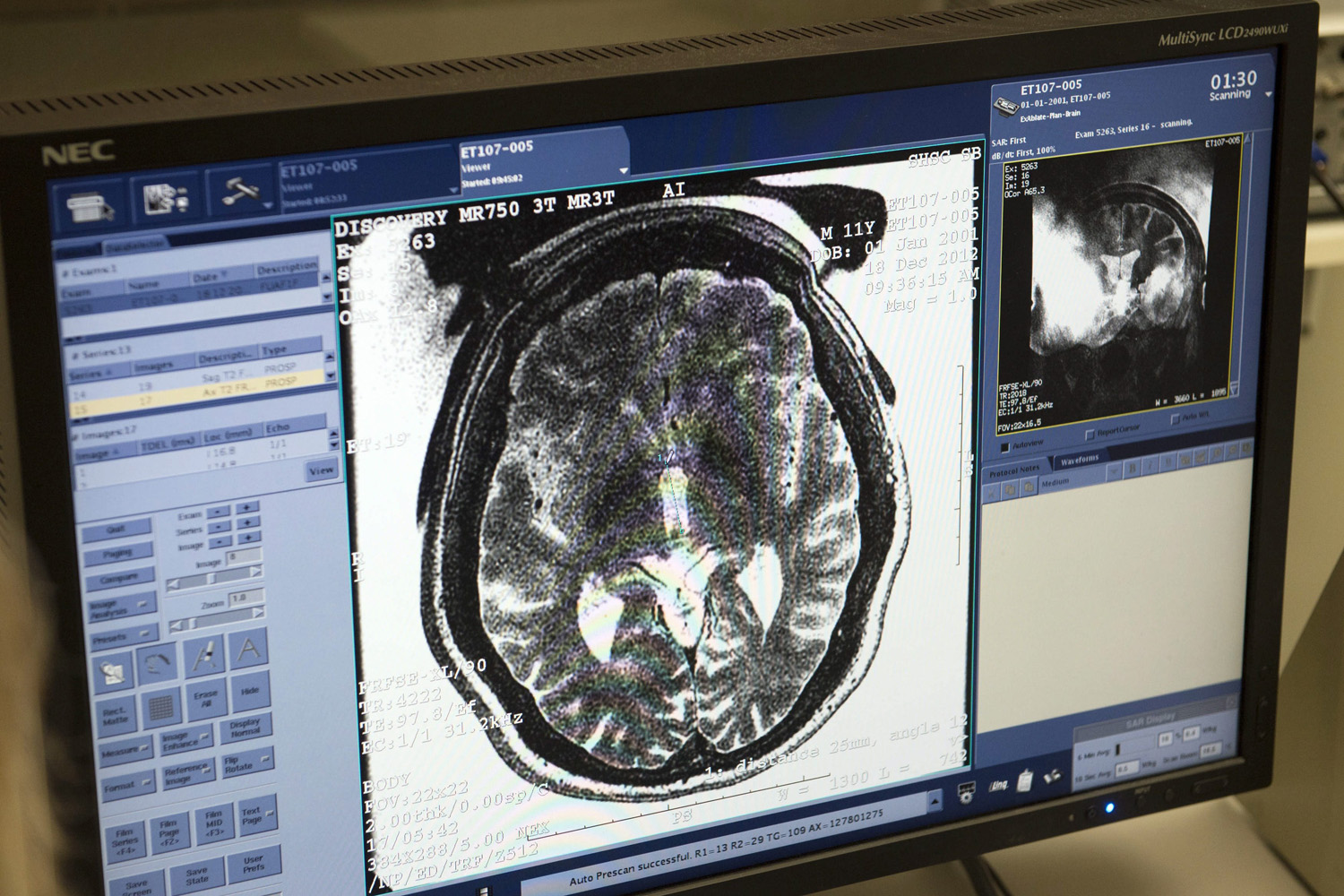
Ultrasound targets deep brain region, helps Parkinson’s symptoms
University of Maryland researchers are using MRI-guided focused ultrasound on the globus pallidus to treat Parkinson’s symptoms. The ExAblate Neuro system was developed by Israel’s Insightec. The treatment is non-invasive, as it does not require a cut, but its ultrasound impacts a deep region of the brain, which is not with out risk. Currently, drugs and…
-
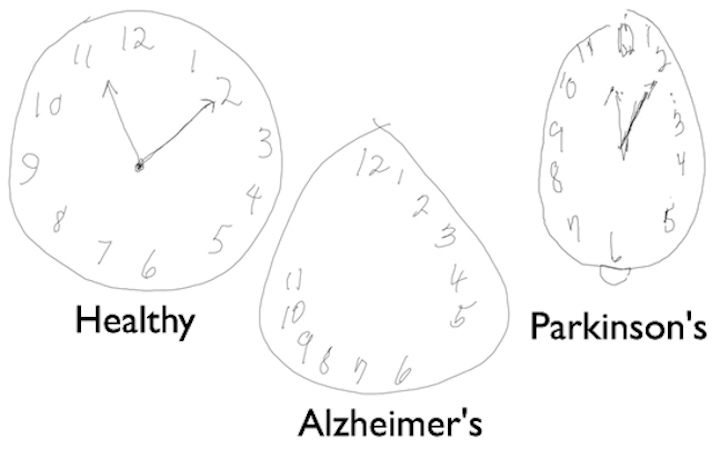
Digital pen/machine learning based neurodegenerative disease diagnosis
MIT researchers have developed a digital assessment tool based on the Anoto Live Pen that they believe will improve the accuracy of Alzheimer’s and Parkinson’s Disease diagnosis. A paper demonstrates a machine learning based predictive model that might detect neurodegenerative diseases earlier than current methods. According to lead author William Souillard-Mandar, the technology “allows us to extract…
-
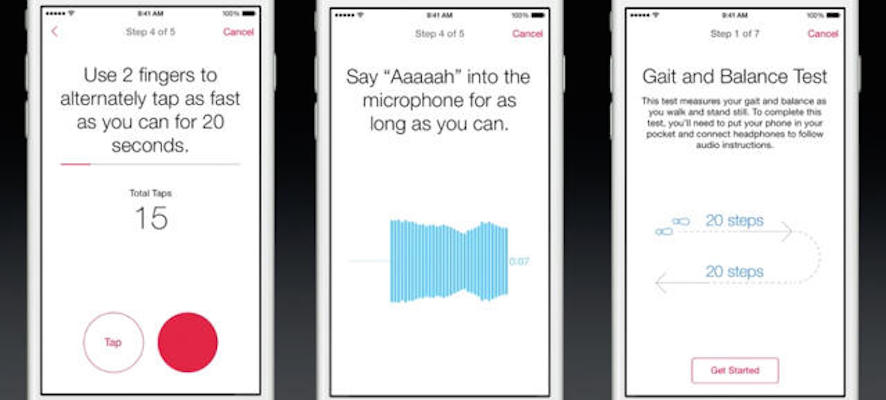
Phone based Parkinson’s research
mPower is a mobile Parkinson’s Disease study, powered by HealthKit. It attempts to understand why people experience different symptoms, and why a person’s symptoms and side effects can vary over time. The process includes surveys and tasks that activate phone sensors. Progression symptoms, including dexterity, balance and gait, are tracked. The goal is to understand variations, improve the…
-
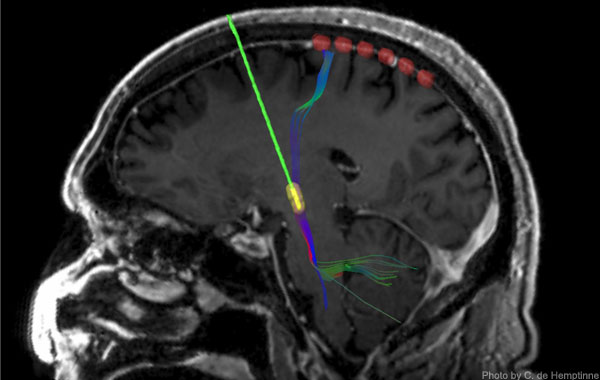
Study: DBS reshapes neural circuits
UCSF professor Philip Starr published a paper suggesting that Deep Brain Stimulation works by reducing overly synchronized motor cortex activity. He believes that this explains why surgically implanted electrodes improve movement, tremor, and rigidity in Parkinson’s patients. Little is known about why and how DBS works. This has held back efforts to improve the therapy.…
-

Keystroke patterns to detect early Parkinson’s
Madrid-MIT M+Vision Consortium researchers used keystroke patterns to diagnose motor function impairing conditions, such as Parkinson’s disease. In a Scientific Reports paper, they described their algorithm’s ability to distinguish keystroke patterns of sleep deprived typers, and rested typers. A study of 24 Parkinson’s patients suggested that the keystroke algorithm can also distinguish people who have the disease from…
-
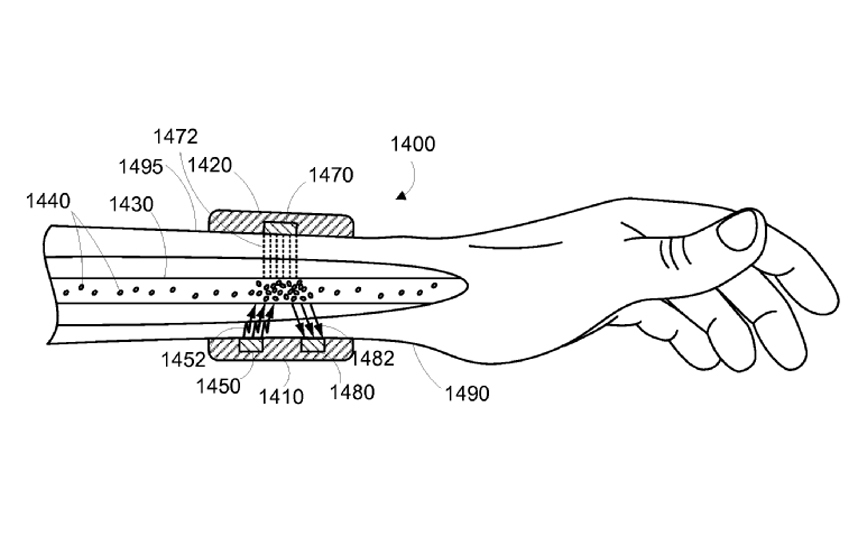
Google files patent for cancer targeting wearable
Following its patent application for a pill that “paints” cancer cells for scanner detection, Google has filed a new patent for a wearable to detect and destroy the painted cells. It describes a Calico developed device that “can automatically modify or destroy one or more targets in the blood that have an adverse health effect”. These could…
-
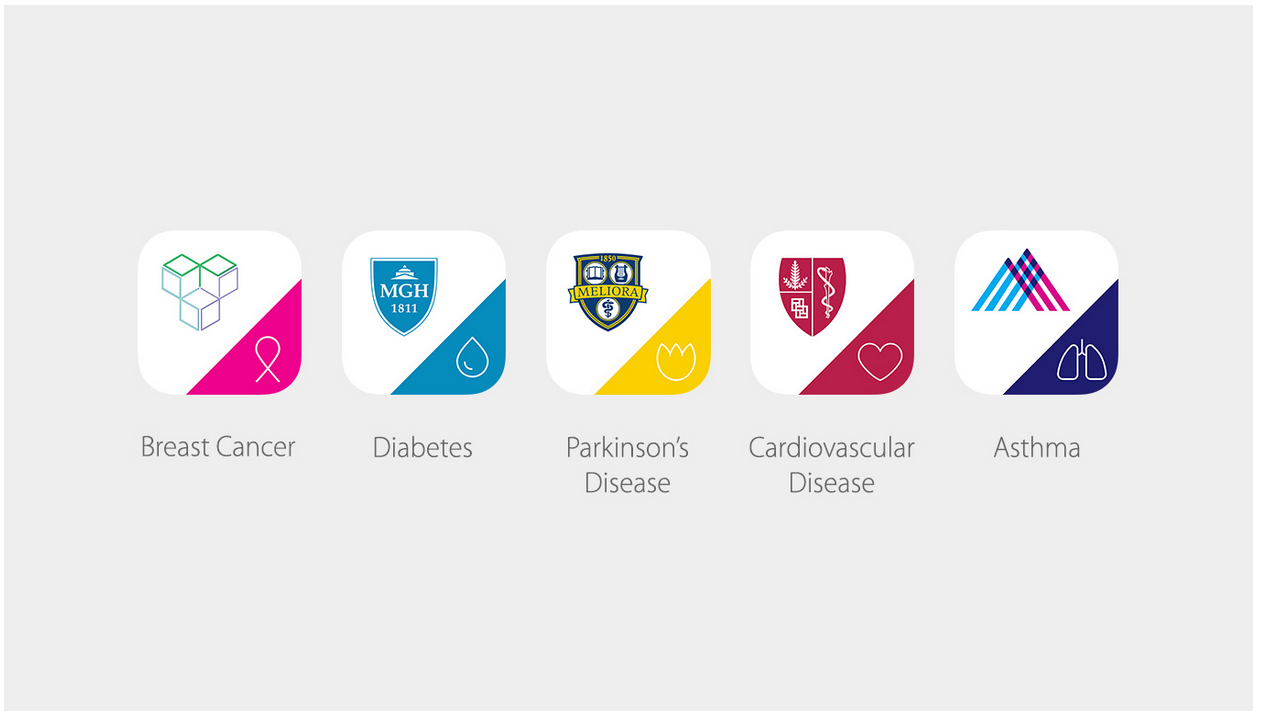
ResearchKit can simplify, improve diagnostics
As a company devoted to improving the human condition through health innovation, ApplySci was delighted to hear yesterday’s ResearchKit announcement. The framework allows people to easily join health studies, and simplifies the process by bringing research to one’s phone. ResearchKit’s first tests detect Parkinson’s disease, diabetes, cardiovascular disease, asthma, and breast cancer. Apple worked with 12 institutions to…
-
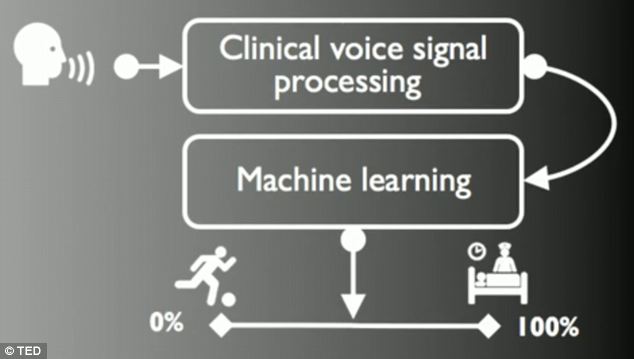
Smartphone tests detect Parkinson’s
In a recent study, MIT Media Lab‘s Max Little used machine learning tools to indicate early Parkinson’s Disease in a group of smartphone users. Phones were given to Parkinson’s patients and a healthy control group. The built in accelerometer enabled Little to distinguish between those with and with out the disease with 99% accuracy. The detection method relied…
-
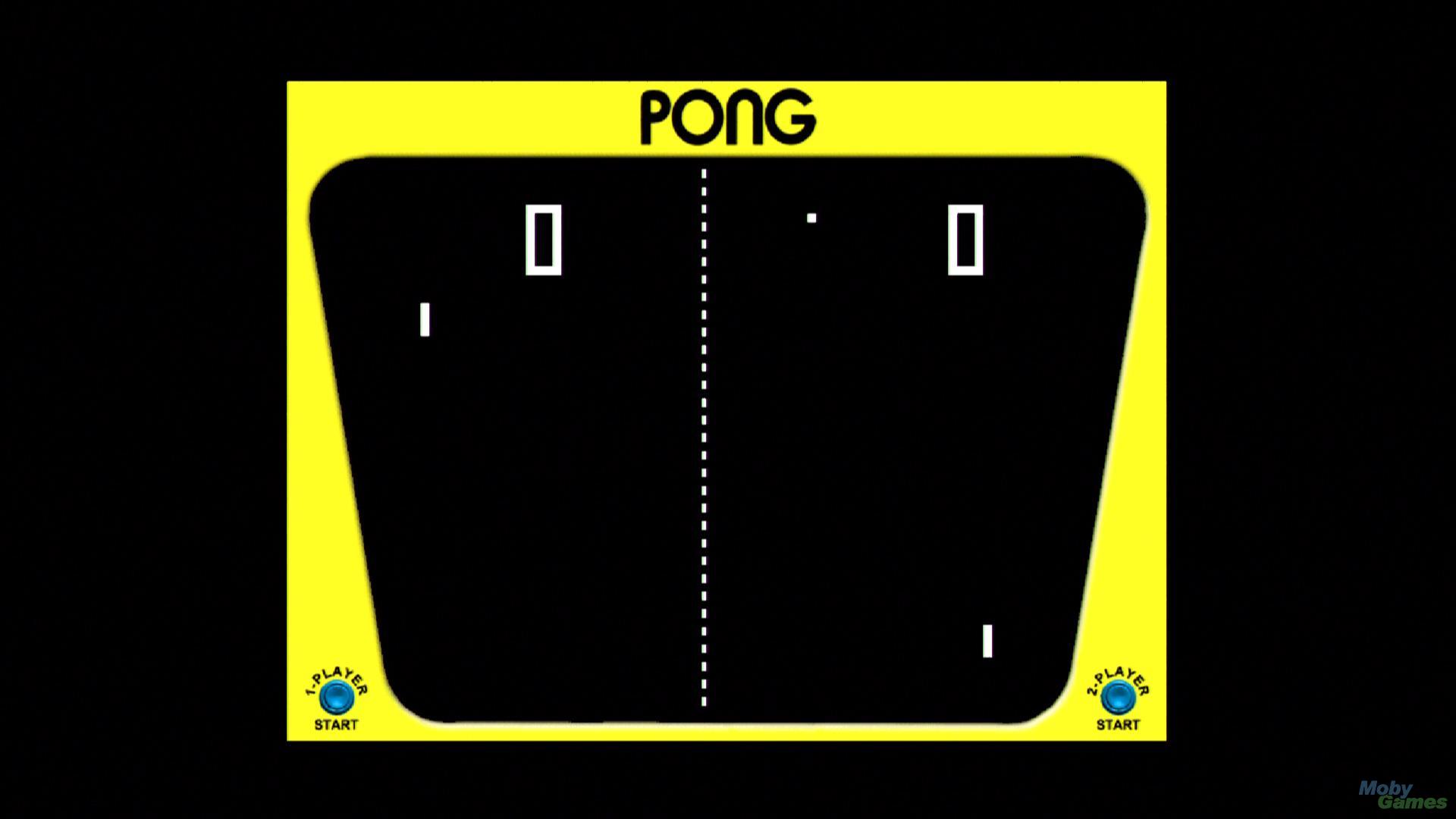
Video game eye movement to diagnose brain disorders
University of Chicago professor Leslie Osborne believes that the classic Atari game “Pong” is ideal for tracking eye movement, therefore helping diagnose Parkinson’s, TBI or autism Osborne’s lab focuses on eye movement behavior, known as smooth pursuit, that allows eyes to track moving targets. At the recent Brain Research Foundation conference, her paper showed that “when motion becomes predictable, gaze…